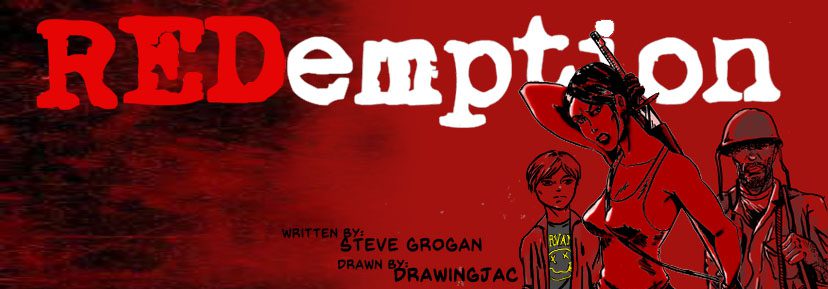Recently, someone wrote a review about one of my stories. Before they got to the story itself, they said someone sent them a blog in which I gave a rebuttal to a reviewer. (I’m guessing it was “How Reviews SHOULD Be Done.”) While the reviewer did wind up proving that he understood my story and even complimenting it quite well, there was one thing he said that stuck with me: he said that this rebuttal blog was a “red flag.”
I can only assume this statement means something like: “Uh oh, here is a super sensitive writer who can’t handle criticism, and he is going to lash out at every reviewer who says his book sucks.” On the contrary, I can take criticism quite well. However, I think there is a right and wrong way to do it. If you give my horror novella Maybe the Dream Knows What is Real two stars out of five because the main character is not someone with whom you can empathize, then you missed the entire point of the story. You AREN’T supposed to empathize with him. In fact, that is written in the synopsis.
With that said, I started to think about other artists who have responded to their negative reviews. Let’s see:
- Billy Corgan (leader of the Smashing Pumpkins) called Jim DeRogatis “that fat fuck from the Chicago Sun-Times” because DeRogatis had said of the Siamese Dream track “Hummer” that the lyrics were sophomoric and stupid.
- When Roger Ebert gave a scathing review of The Brown Bunny, the director Vincent Gallo said that he hoped Ebert got cancer.
- When Salon book reviewer Laura Miller wrote a brutal review of Chuck Palahnuik’s Diary, the author sent her a letter which includes the following quote: “Until you can write something that captivates people, I’d invite you to just shut up.”
- The music magazine Hit Parader was very critical of the band Quiet Riot. In one interview, the lead singer said he loved the Hit Parader because it was good to wipe his ass with!
The thing is, I hardly ever hear anyone coming down on these people for lashing out at their critics. Okay, maybe I do with Billy Corgan because everyone thinks he is an asshole anyway, but I have never heard anyone say what a scumbag Vincent Gallo is for wishing cancer upon Roger Ebert, not even after the critic really did die from cancer. Has anyone come down on Palahnuik for his letter? If so, I never heard of it.
Then I started to think: what is the difference between these artists and myself?
There is really only one thing.
Fame. (Well, there is money too, but usually money comes with the fame.)
Some people might be tempted to say, “Well, they are better writers than you,” but I don’t know how that can be judged. For everyone who thinks Fight Club sucked, you might find someone who thinks Maybe the Dream Knows What is Real is a masterpiece. So let’s discard any discussion of who is better for now.
So why are things this way? Why is okay for famous people to fire back, but not some unknown writer who may very well have as much talent as the famous figures? Does this mean that, if my books were picked up by a publisher and I was suddenly famous, THEN I would then have the “right” to post a retort?
No, I don’t think so. And do you know why? Because I think I already have that right. We all do. Even if you wrote just one short story, and someone wound up giving you a lousy review, but in that review they prove they missed the entire point of what you were saying, you would still have the right to a rebuttal.
But hey…maybe that is just me. Maybe I stand alone in this opinion. Who knows? All I know is this: yes, I did write a rebuttal to a critical review, but I don’t see how that should count as a “red flag.”
And the sad thing?
By writing this, I’ll probably have TWO red flags under my belt.
You don’t have to be writer or musician to have an opinion on this blog. If you DO in fact have one, I’d love to hear it in the comments below!

